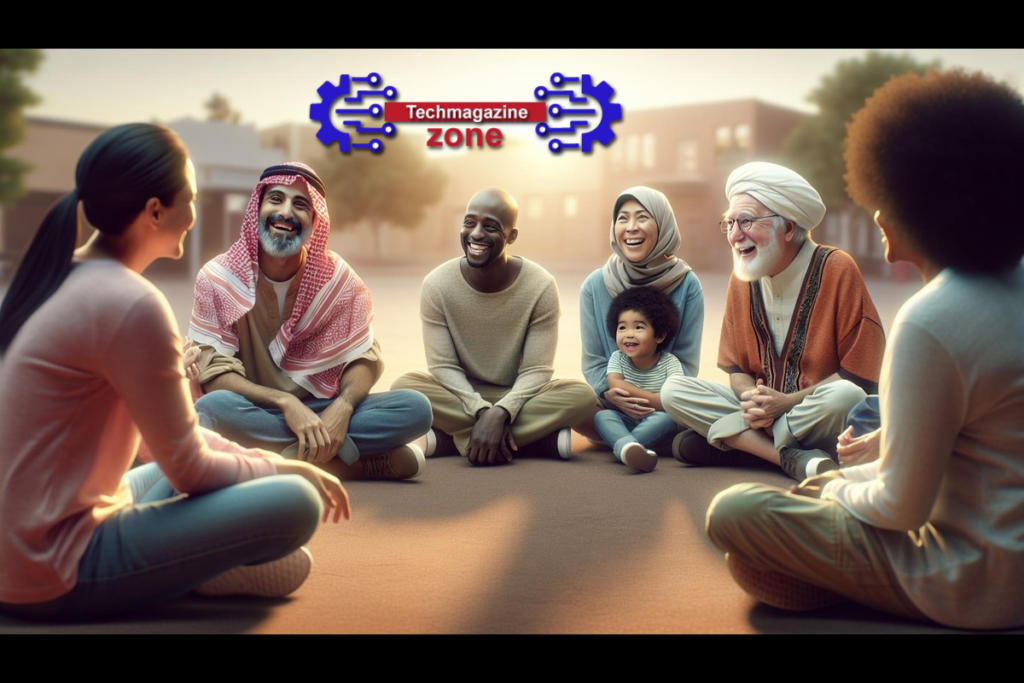In today’s society, the term “cult” often carries a negative connotation, evoking images of manipulation, isolation, and control. However, at its core, a cult is simply a group of people united by a common interest or belief system. When we examine the idea of a human gathering cult, it is essential to delve into the nature, origins, and impact of such groups on individuals and society.
What is a Human Gathering Cult?
A human gathering cult refers to a social group with distinct rituals, beliefs, and practices that bring people together. These groups often form around shared values, ideologies, or charismatic leaders. Unlike mainstream religious or social organizations, cults are usually characterized by their unconventional beliefs and practices, which often deviate from societal norms.
The Origins of Human Gathering Cults
Historical Context
The concept of human gathering cults is not new. Throughout history, various groups have emerged, often during times of social or political upheaval. These groups provided a sense of community and belonging to individuals who felt disconnected from the larger society. For example, the Dionysian cults of ancient Greece and the mystery religions of the Roman Empire offered spiritual experiences and communal rites that attracted many followers.
Psychological and Sociological Factors
Several psychological and sociological factors contribute to the formation of human gathering cults. People are naturally social beings who seek connection and meaning in their lives. During periods of uncertainty or change, individuals may turn to cults for stability, identity, and purpose. The sense of belonging and the promise of enlightenment or salvation can be powerful motivators for joining such groups.
Characteristics of Human Gathering Cults
Leadership and Hierarchy
Human gathering cults often revolve around a charismatic leader who is seen as an authority figure or spiritual guide. This leader may claim to have special knowledge or divine insight, which sets them apart from the general populace. The leader’s influence is crucial in maintaining the group’s cohesion and directing its activities.
Beliefs and Practices
Cults typically have unique beliefs and practices that distinguish them from mainstream religions or social groups. These beliefs may include alternative spiritual teachings, apocalyptic predictions, or unconventional lifestyle choices. Rituals, ceremonies, and communal gatherings play a central role in reinforcing the group’s identity and sense of purpose.
Isolation and Control
While not all human gathering cults are harmful, some may employ manipulative tactics to maintain control over their members. Isolation from family and friends, strict adherence to group rules, and the suppression of dissent are common strategies used by certain cults to maintain loyalty and obedience. These practices can lead to psychological and emotional harm for individuals involved.
The Appeal of Human Gathering Cults
Sense of Belonging
One of the primary attractions of a human gathering cult is the sense of belonging it offers. Many people feel isolated or misunderstood in their daily lives, and cults provide a welcoming community where they can connect with like-minded individuals. The shared experiences and close-knit relationships foster a sense of camaraderie that can be difficult to find elsewhere.
Search for Meaning
In a world that often feels chaotic and unpredictable, cults offer a sense of purpose and meaning. The promise of spiritual enlightenment, personal transformation, or a higher calling can be incredibly appealing to those seeking answers to life’s existential questions. Cults provide a structured belief system that helps individuals make sense of their place in the world.
Escaping Reality
For some, joining a human gathering cult serves as an escape from the pressures and challenges of everyday life. The group’s rituals, teachings, and activities provide a distraction from personal problems or societal issues. This escape can be alluring, especially for individuals who feel overwhelmed or disillusioned by their circumstances.
The Impact of Human Gathering Cults on Individuals and Society
Positive Aspects
Not all human gathering cults are harmful or destructive. Some offer genuine support, personal growth, and spiritual fulfillment to their members. These groups can foster a sense of community, promote self-reflection, and encourage positive change in individuals’ lives. For some, the experience of being part of a cult can be transformative and life-affirming.
Negative Consequences
However, the negative consequences of certain human gathering cults cannot be ignored. Manipulative leaders, coercive practices, and the suppression of individuality can lead to psychological harm and emotional distress. Members may become isolated from their families, lose their autonomy, and struggle with feelings of guilt or shame if they choose to leave the group.
Societal Implications
The existence of human gathering cults raises important questions about freedom of belief, individual autonomy, and societal responsibility. While individuals have the right to pursue their spiritual or philosophical paths, there is a need for awareness and education about the potential dangers of harmful cults. Society must balance the protection of individual freedoms with safeguarding vulnerable individuals from exploitation.

Conclusion
The concept of a human gathering cult is multifaceted, encompassing both positive and negative aspects. These groups offer a sense of belonging, purpose, and community to individuals seeking connection and meaning. However, it is crucial to approach cults with a critical eye, recognizing the potential for manipulation and harm.
By understanding the characteristics, appeal, and impact of human gathering cults, we can better navigate the complexities of these social groups. Education and awareness are essential in fostering a society that respects individual freedoms while protecting against the dangers of coercive and manipulative practices.
As we continue to explore the dynamics of human gathering cults, it is important to remember that each individual’s experience is unique. While some may find solace and fulfillment in these groups, others may face challenges and adversity. Ultimately, the key lies in fostering open dialogue, promoting critical thinking, and supporting individuals in their quest for connection and meaning.
